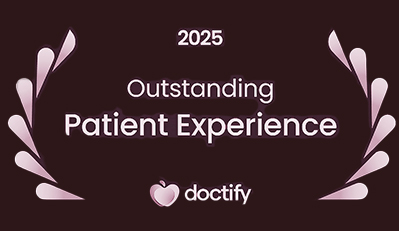
When can I drive after lens replacement surgery?
One of the most common questions we get asked is:
“When can I drive after lens replacement surgery?”
It’s an important question—and the answer depends on how your vision recovers and the specific rules in your country.
In this blog, we’ll explain when it’s usually safe to start driving again, what factors to consider, and how to know when you’re ready.
What is lens replacement surgery?
Lens replacement, or refractive lens exchange (RLE), involves removing the eye’s natural lens and replacing it with a clear, artificial one called an intraocular lens (IOL).
It’s the same method used in cataract surgery, and it can correct distance vision, reading vision, and astigmatism—depending on the lens you choose.
How soon will I be able to see clearly?
Many people notice clearer vision within a day or two after surgery. But the full healing process can take several weeks.
Your eyes may be:
- Slightly sensitive to light
- A bit blurry or “foggy” at first
- Still adjusting to the new lens
Vision often settles quickly, but it’s important to give your eyes time to adjust before getting behind the wheel.
What’s the legal requirement for driving?
In the UK, to drive legally, you must:
- Read a car number plate at 20 metres
- Have a visual acuity of at least 6/12 with both eyes (or one eye if the other is not usable)
- Have a wide enough field of vision
These standards apply with or without glasses or contact lenses.
When can most people drive again?
Most people can resume driving within 2 to 5 days after surgery—sometimes sooner, sometimes a bit later.
You can drive when:
- You feel your vision is clear enough
- You’re not experiencing glare, halos, or discomfort
- Your surgeon confirms it’s safe to do so
At Mitry Vision, we check your progress in a follow-up appointment—often 1 to 3 days after surgery. If everything looks good, you’ll likely be cleared to drive.
What if I had both eyes done separately?
If you’re having one eye treated at a time, you may notice a slight imbalance between the treated and untreated eye.
This can make driving tricky—especially at night. Some people prefer to wait until both eyes are done, while others adapt quickly.
What about premium lenses?
Multifocal or trifocal lenses offer the convenience of seeing at multiple distances—but they can sometimes cause halos or glare in low light, especially in the early weeks after surgery.
If this affects your driving confidence—especially at night—give your eyes a little more time to adapt.
Tips for safe driving after surgery
- Start with short, familiar trips during daylight
- Avoid night driving until you’re fully comfortable with your vision
- Wear sunglasses if light sensitivity is still present
- Don’t rush it—if you’re unsure, wait and speak to your surgeon.
What if I don’t feel ready?
Everyone heals at a different pace. If your vision isn’t quite clear, or you feel nervous, that’s completely normal. It’s better to wait a little longer and be confident on the road.
We’re always here to assess your readiness and answer your questions.
When is it NOT safe to drive?
Avoid driving if you:
- Still have blurry or double vision
- Feel light-sensitive or glare affects your focus
- Are using eye shields or still needing frequent drops
Haven’t had your post-op check yet.
Driving is an important part of independence—and most people return to it quickly after lens replacement surgery. But your safety (and that of others) comes first.
Take our free self-test to find out if you’re suitable for lens replacement—and how it could help you get back to confident driving.
Find out if you are suitable for vision correction
Not everyone is eligible for vision correction surgery.
Find out if you could benefit from this life changing surgery by taking the quick self-suitability quiz below:




